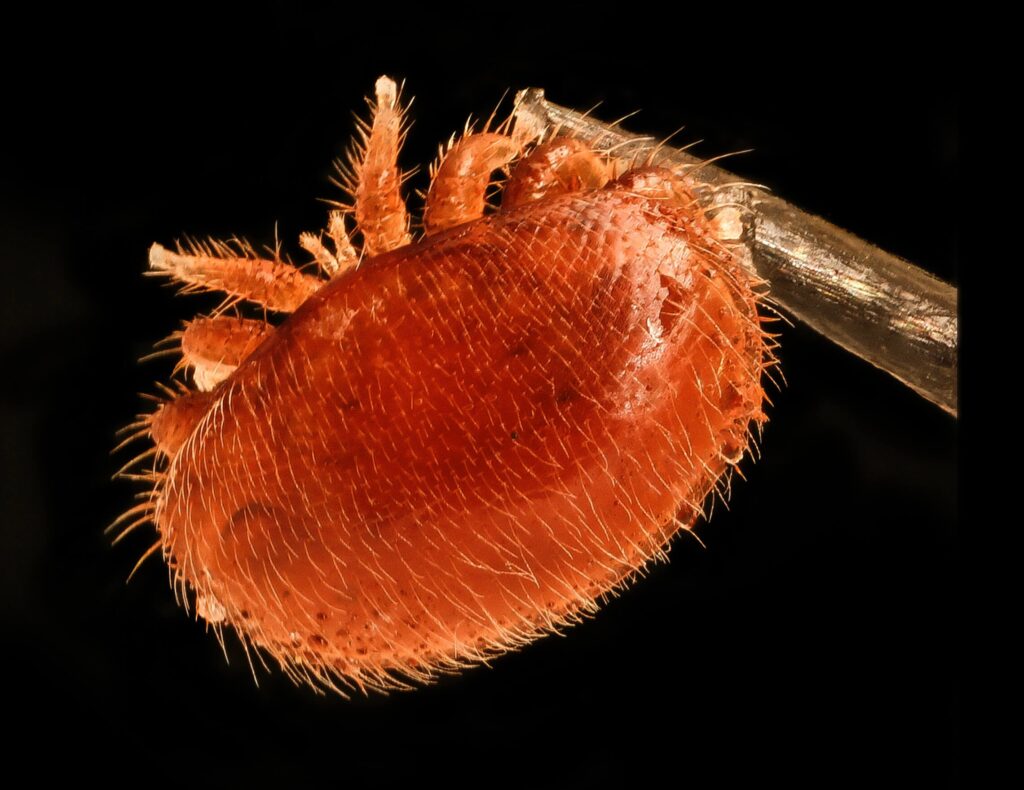Fipronil Off Label was approved by the APVMA during a time of Industry capture according to Community Voice Australia Central Coast.

By CVA-CC
The DPI has conceded defeat in their fight against the Varroa Mite and have moved to a Plan of Management. In the meantime, the DPI measures have led to the staggering loss of over 40 million bees and 600 Fipronil Traps have been set.
In January 2023 Community Voice Australia – Central Coast (CVA-CC) and Save The Bees Australia started a change.org petition “Stop poisoning our Australian native bees” requesting the immediate removal of Fipronil traps due to concerns for the natural environment and off target species.
Additionally, the petition requests a Judicial enquiry into the relationship between Government, Industry funded lobby groups, and organisations representing chemical company interests, who have authority and sway over government policies related to Bees. https://www.change.org/p/halt-the-poisoning-of-native-australian-bees-through-fipronil-baiting
This petition with over 35,000 signatures was tabled by the Animal Justice Party in Parliament in August 2023.
On September 27, 2022 the government body tasked with regulating chemicals and pesticides, the APVMA, authorised Fipronil to be used off label on properties and the bush in baiting stations.
“NSW DPI has been authorised by the Australian Pesticides and Veterinary Medicines Authority to use Fipronil to remove wild European honey bees.”https://www.dpi.nsw.gov.au/about-us/media-centre/releases/2022/general/next-phase-in-varroa-mite-response-turns-to-wild-european-honey-bees PERMIT NUMBER – PER92639
Fipronil is a controversial chemical which has been banned in many countries around the world. The Australian Native Bee Association states that Fipronil will be taken from the bait stations to nests in trees and will kill native bees, insects, reptiles birds and mammals. https://www.anba.org.au/varroa-response/
In July 2023, under the direction of the Australian government, Clayton Utz released a damning report detailing the APVMA’s processes and procedures. https://www.agriculture.gov.au/sites/default/files/documents/APVMA%20-%20Strategic%20Review%20Report.PDF
Federal Agriculture, Forestry and Fisheries Minister, Murray Watt stated that “the matters identified by the review are very serious and point to systemic problems with the administration and governance of the APVMA.” https://minister.agriculture.gov.au/watt/media-releases/government-action-ensure-integrity-ag-chemical-regulation
Of concern in the report: “The APVMA’s approach to regulation appears to align with industry interests.
There are instances where the APVMA’s level of engagement with industry stakeholders should be carefully examined.” P.3
“… information reviewed includes instances where the APVMA’s approach appears focused on assisting industry. Alignment with industry interests also appears to be embedded into the APVMA’s regulatory priorities and culture.” P.4
“A majority of the APVMA’s ongoing chemical reviews have been in progress for nearly two decades.” P.4
Kate Mason, spokesperson for CVA-CC stated: “Of note, is that the APVMA is predominately funded by the industry it is tasked to regulate. In our view, this is a highly problematic model and fraught with high potential for corporate capture over a government body. Specifically, the APVMA review of Fipronil has been ongoing since 2002 and expected to be finalised next year (a 22-year process). It is highly concerning that Fipronil was allowed to be used Off Label under these conditions, even more considering the review was nominated in 2002 for review following the receipt of a number of adverse experiences reports” https://apvma.gov.au/node/12546
“A government report was previously commissioned in 2006 regarding the effectiveness of the use of Fipronil for Varroa. The report titled ‘Asian honey bee remote nest treatment’ findings were that Fipronil would be ineffective and concerns raised regarding Fipronil impacting off target species. Why was this report ignored?”
The Federal Minister of Agriculture, Fisheries and Forestry Senator Murray Watt has commissioned a further report in to the APVMA which will be released on September 30th, this report will include recommendations on the future governance, structure, and funding arrangements of the APVMA.
Government action to ensure integrity of ag chemical regulation | Ministers
CVA-CC recently wrote to the DPI to ask for transparent information on the process regarding removing of the bait stations, cleaning up of Fipronil from the environment, where the bait stations have been placed, the overall usage of Fipronil and what people should do if they see any injuries or deaths of off target species near bait stations. CVA-CC is waiting for a response.
“As the APVMA’s decision to allow Fipronil off label, was during a time of corporate capture by industry and lagging chemical reviews, we wrote to Senator Murray Watt to ask for a review into the process whereby the APVMA granted the use of Fipronil Off Label.,” Mason said.
“We additionally requested a thorough independent environmental assessment regarding the subsequent cumulative impacts on the environment through the Fipronil baiting stations. We have been very aware of great distress from the community, beekeepers and small crop producers over the last year, and people deserve to have all the information in a transparent and timely manner.”


